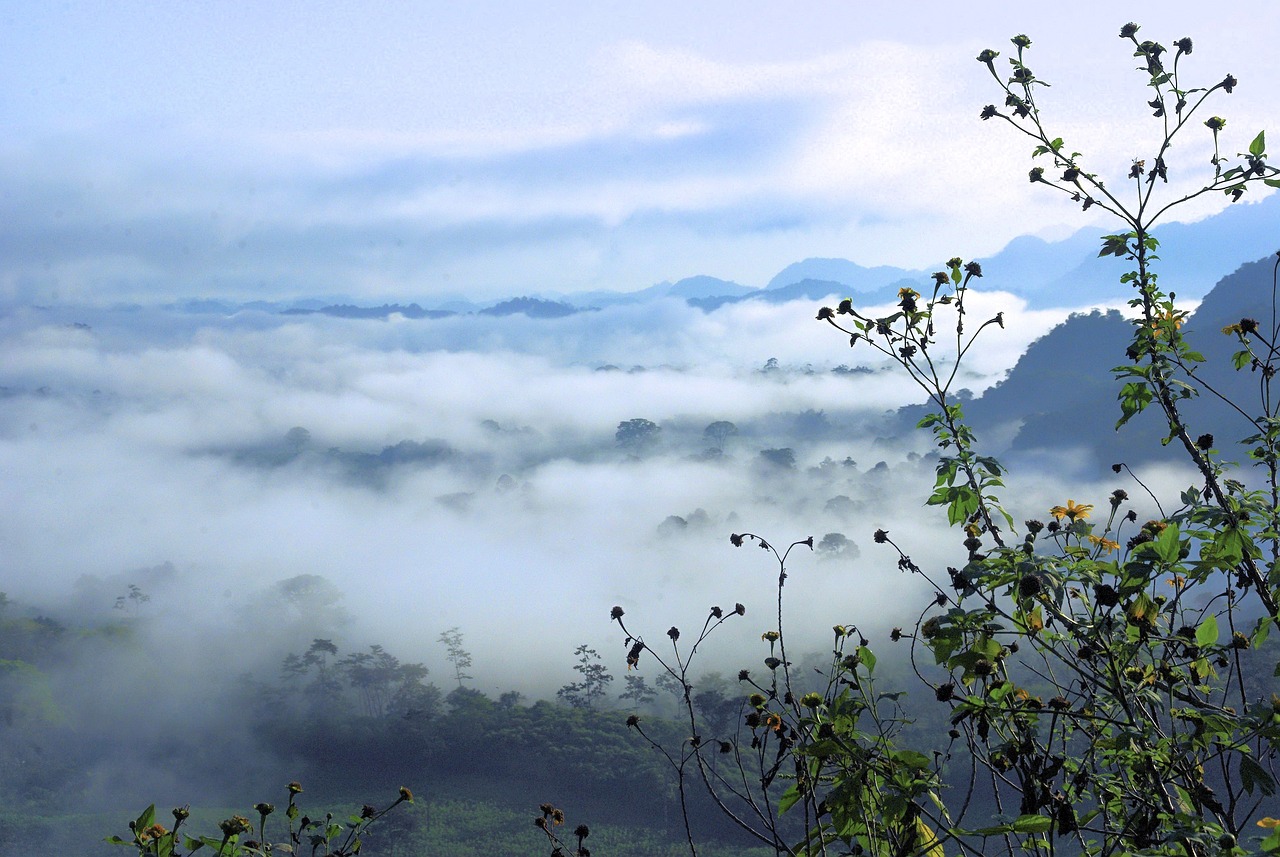Guatemala Video
Language and Communication: Overcoming Barriers in Guatemala
Guatemala, a country located in Central America, is known for its rich cultural heritage and breathtaking landscapes. With a population of over 17 million people, Guatemala is home to various indigenous communities, each with its distinct language and traditions. This linguistic diversity poses challenges and barriers to effective communication within the country. In this article, we will explore the language barriers in Guatemala and how efforts are being made to overcome them.
Indigenous Languages in Guatemala
Guatemala is home to 23 officially recognized indigenous languages, including K’iche’, Kaqchikel, Mam, and Q’eqchi’. These languages have been spoken in the region for centuries and form an integral part of the cultural identity of indigenous communities. However, the dominance of Spanish as the official language poses challenges for communication and access to resources for indigenous populations.
- Limited Access to Education: Many indigenous communities face barriers in accessing education due to the language barrier. Most schools in Guatemala teach in Spanish, which is not the native language of many indigenous children. This hinders their ability to fully understand and engage with the curriculum.
- Preservation of Cultural Heritage: Language is closely tied to cultural identity. The loss of indigenous languages can lead to the erosion of cultural practices, traditions, and values. Efforts are being made to preserve and promote indigenous languages to ensure the continuity of cultural heritage.
- Healthcare Disparities: Language barriers in the healthcare sector can have serious consequences. Indigenous individuals who do not speak Spanish may struggle to communicate their symptoms and understand medical instructions, leading to inadequate healthcare services.
- Social and Economic Inequality: Language barriers contribute to social and economic disparities between indigenous and non-indigenous populations. Limited proficiency in Spanish can limit job opportunities, access to markets, and participation in decision-making processes.
Government Initiatives and Policies
The Guatemalan government recognizes the importance of linguistic diversity and has implemented several initiatives to address language barriers and promote inclusivity.
- Bilingual Intercultural Education: The Ministry of Education has implemented bilingual intercultural education programs in areas with high indigenous populations. These programs aim to provide education in both Spanish and indigenous languages, ensuring that indigenous children can learn in their native language while also acquiring Spanish proficiency.
- Language Documentation and Revitalization: The Ministry of Culture and Sports supports projects that document and revitalize indigenous languages. These initiatives involve recording oral histories, creating language-learning resources, and promoting cultural events that celebrate linguistic diversity.
- Language Access in Public Services: Efforts are being made to provide language access in public services such as healthcare and justice systems. Bilingual professionals and interpreters are being trained to bridge the communication gap between indigenous individuals and service providers.
Non-Governmental Organizations
Non-governmental organizations (NGOs) play a crucial role in addressing language barriers and promoting linguistic diversity in Guatemala.
- Mayan Languages Initiative: This NGO focuses on preserving and promoting Mayan languages through language revitalization programs, educational materials, and community-based initiatives.
- Waqib’ Kej: Waqib’ Kej works to strengthen indigenous languages and cultures by providing training and resources to teachers and community leaders. They also organize language immersion programs to enhance language proficiency.
- Academia de Lenguas Mayas de Guatemala: This institution is dedicated to the research, documentation, and promotion of Mayan languages. They offer language courses, conduct linguistic research, and advocate for the recognition of indigenous languages.
Technology and Language Access
Advancements in technology have opened up new possibilities for overcoming language barriers in Guatemala.
- Translation Apps: Mobile applications that provide real-time translation between indigenous languages and Spanish are becoming increasingly popular. These apps enable better communication between different language speakers and facilitate access to information.
- Online Language Learning: Online platforms offer language-learning resources for indigenous languages, allowing individuals to learn at their own pace. These resources include interactive lessons, audio recordings, and virtual language exchange programs.
- Community Radio Stations: Community radio stations broadcasting in indigenous languages serve as a vital communication tool for remote communities. They provide news, educational programs, and cultural content in local languages, strengthening language use and promoting community cohesion.
Conclusion
Language and communication barriers in Guatemala pose challenges to effective communication, access to resources, and the preservation of cultural heritage. However, through government initiatives, NGO efforts, and technological advancements, progress is being made to overcome these barriers. It is essential to continue supporting initiatives that promote linguistic diversity, inclusivity, and equal opportunities for all Guatemalans.
Guatemala Image 1:

Guatemala Image 2:

Guatemala Image 3:

References:
- Ministry of Education Guatemala: www.mineduc.gob.gt
- Ministry of Culture and Sports Guatemala: www.mcd.gob.gt
- Mayan Languages Initiative: www.mli.org.gt
- Waqib’ Kej: www.waqibkej.org
- Academia de Lenguas Mayas de Guatemala: www.almg.org.gt


